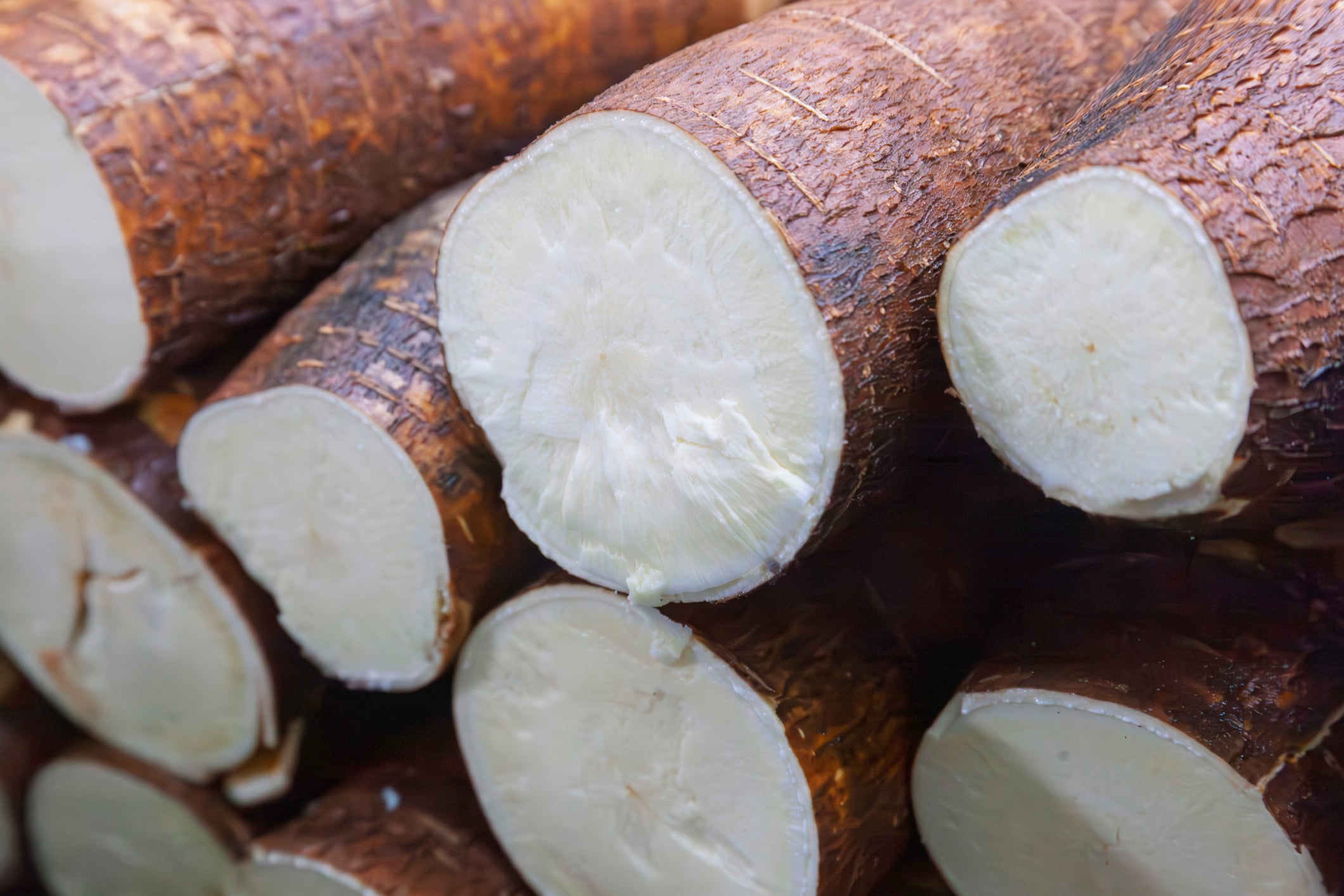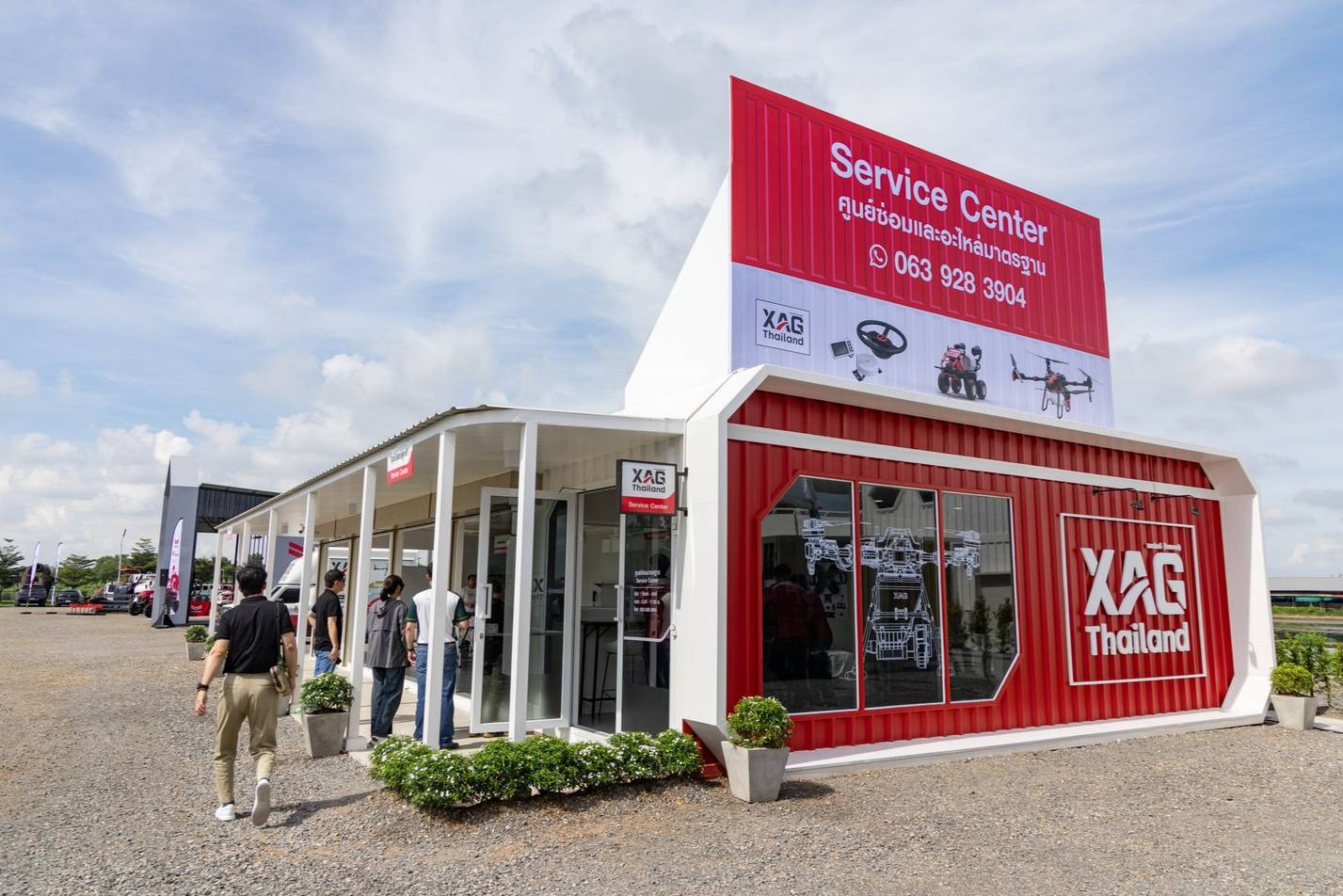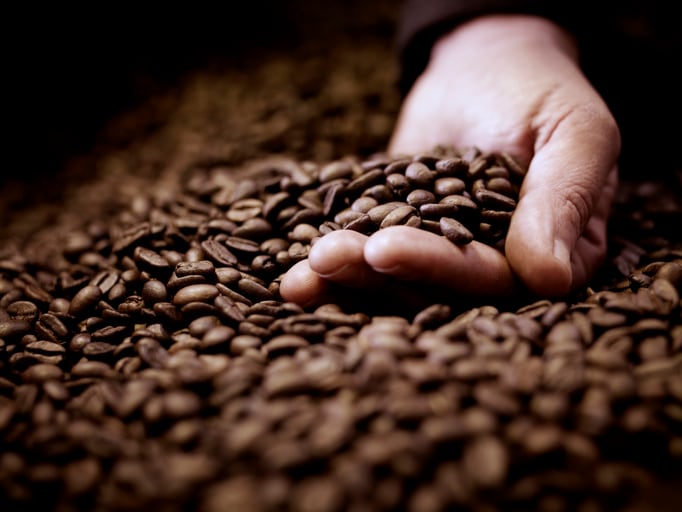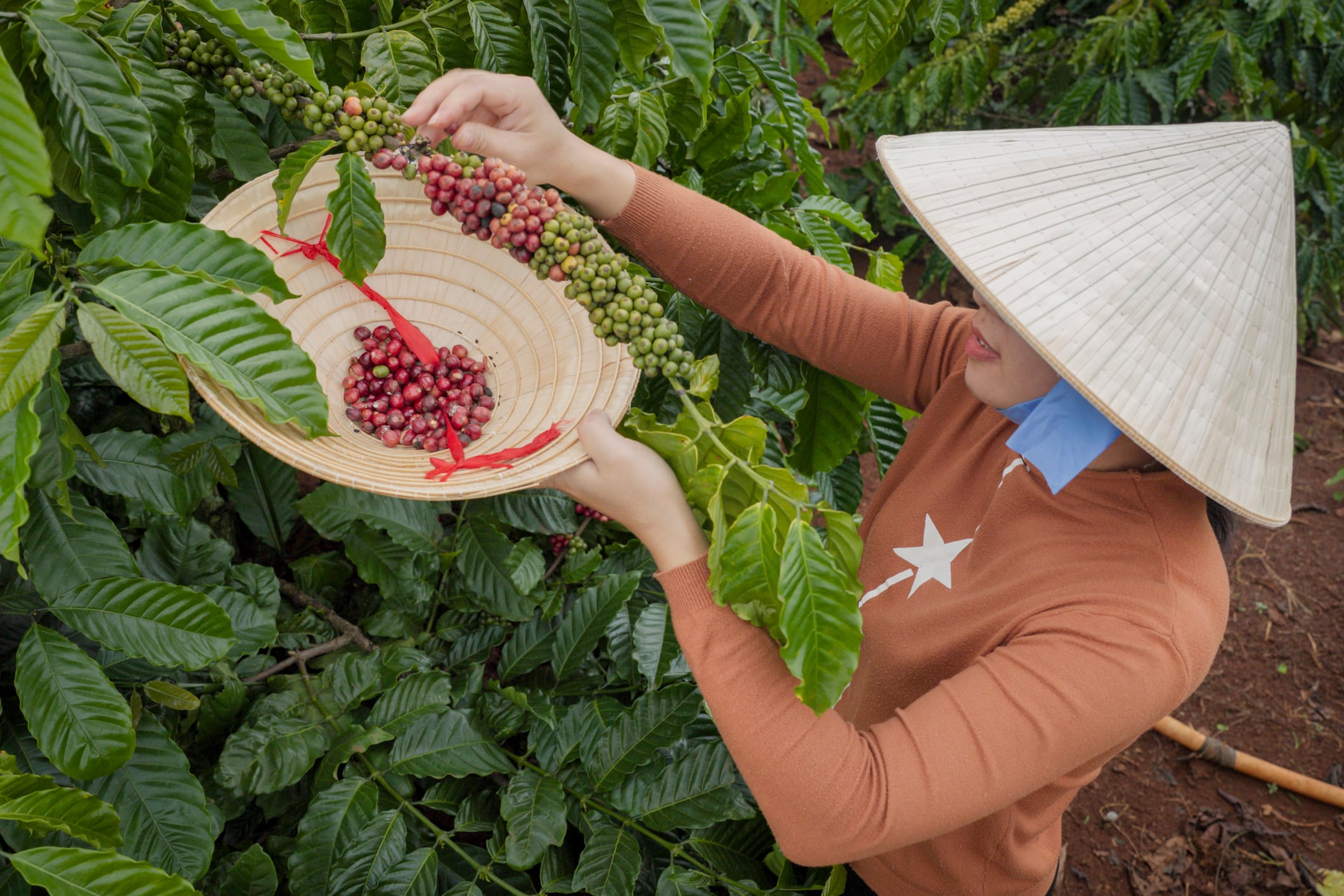The project, a collaboration between Vietnam’s Ministry of Agriculture and Environment (MAE) and the Japan International Cooperation Agency (JICA) will kick off in September.
This initiative, which was approved last December, is expected to significantly enhance the value, quality, and sustainability of Vietnam’s cassava industry, which is one of Vietnam’s 13 important exports.
According to MAE, Vietnam is the third-largest exporter of cassava and cassava products.
Domestically, cassava is a crucial source of income for many smallholder farms and an important food staple in rural areas in particular.
This will be the first circular cassava production model in Vietnam, integrating smart soil health monitoring.
Additionally, the project aims to design a sustainable supply chain for cassava starch that supports carbon storage and promotes green farming practices.
A priority project
Deputy Minister Hoang Trung said on July 9 that a key part of the project was the integration of carbon measurement (MRV) methods, monitoring, and smart management of the value chain.
To shift casava farming to a more circular system, the project will select carbon-storing cassava varieties and develop sustainable farming methods.
There will also be use of advanced tools like sensors, satellites, and drones to monitor soil and crops, which the ministry will support.
“The Ministry of Agriculture and Environment will provide full support to ensure that JICA and its partners can implement all project components efficiently and on schedule,” said the deputy minister.
The initiative directly supports the Ministry’s Sustainable Cassava Industry Development Scheme through to 2030, with a vision to 2050.
Building a strong foundation
The pilot project, led by Professor Takuro Shinano of Hokkaido University, will be conducted in the Tay Ninh province.
The working group collaborated with Tay Ninh’s Department of Agriculture and Environment to conduct field surveys before selecting the site.
It was chosen for its suitable climate, reliable water access, worker safety, and strong potential for scaling and expansion.
Shinano said project aims to build a robust technical foundation for Vietnam, supported by technology transfer from Japanese partners and the International Centre for Tropical Agriculture (CIAT), laying the groundwork for low-emission cassava production.
Plans are also in place for short-term training programmes for Vietnamese technicians in Japan, installation of laboratory equipment, and provision of tools for the analysis and design facility in Tay Ninh.





